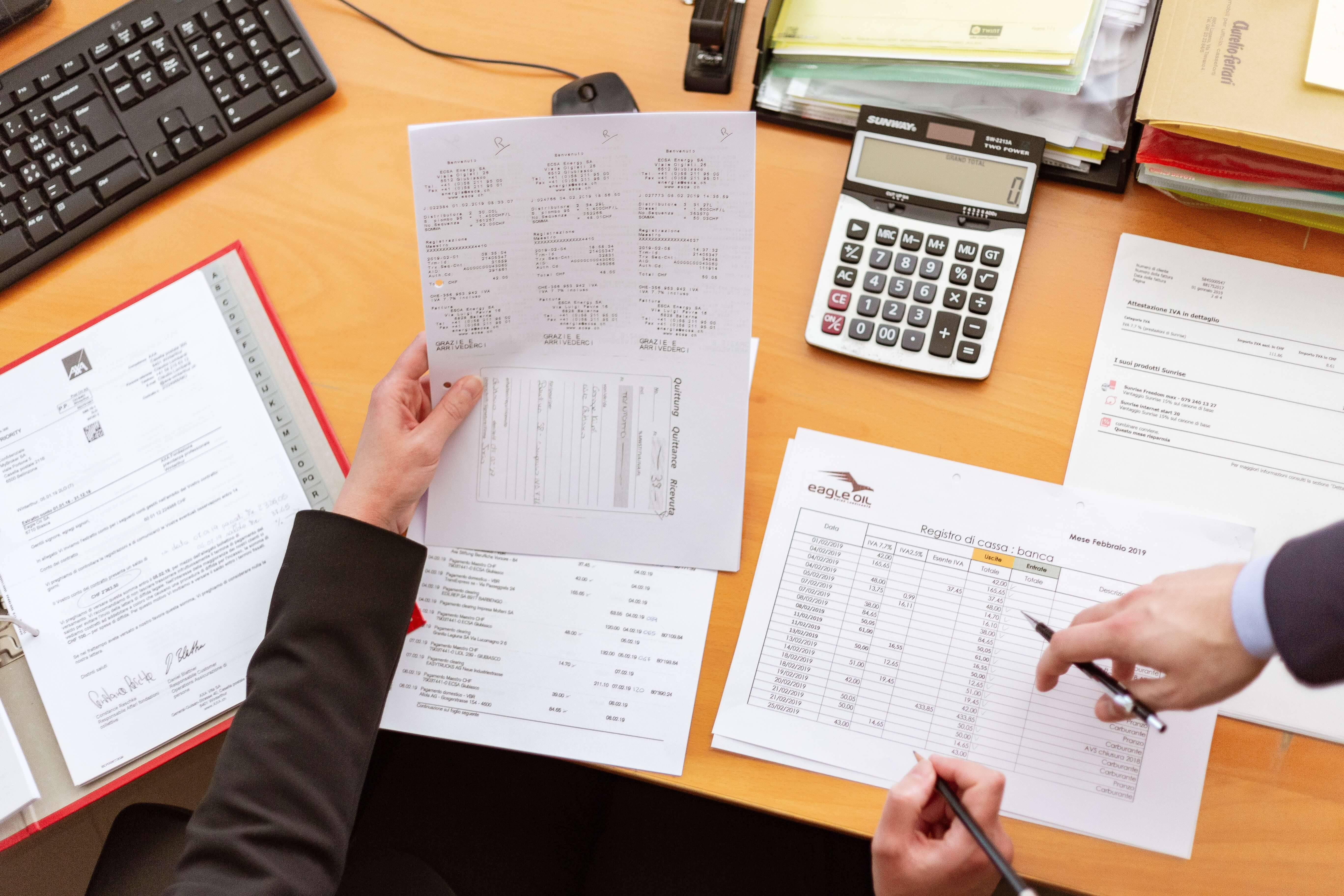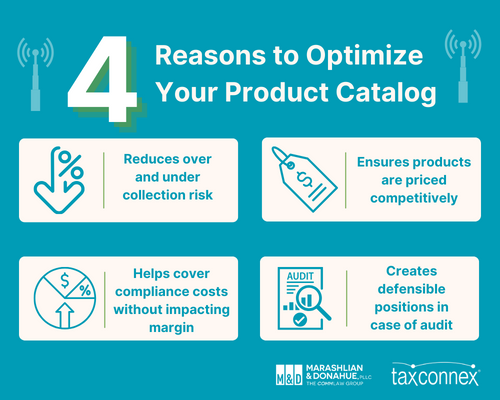In sales tax calculation, you deal with the “hard” and the “less-hard.”
Figuring out sales tax obligations for goods (aka, tangible personal property, or TPP) is the less-hard part; you merely have to bear in mind that every state that taxes TPP does it a little differently.
Services, on the other hand, are the hard calculation. Not every state taxes services, not every state taxes the same ones, and states that tax services do so in a galaxy of ways.
One thing we know for sure is that services continue to pop up among states’ lawmakers as a potential new source of sales tax revenue. “We need to absolutely bring into taxation our professional services as well,” read a recent state of the state address in West Virginia, which already taxes most services.
What’s a service?
Services can comprise those done on such TPP as an appliance or on real property (repair or janitorial services, for instance); personal services such as grooming; and amusement and recreation.
“Business services” are those that a business might contract out to a third party. “Professional services” comprise legal work, medical care, accounting and other services from licensed specialists. Typically, the cost of equipment used as part of a service rendered, along with the service, have been exempt from sales tax in most states. Services, such as maintenance, that are part of the sales of such TPP as computers are often taxable.
Some services are regulars on states’ sales tax lists: cleaning, painting, cable and pay TV, photography and credit reporting, to name a few. States also tax services with nuance. Florida, for instance, taxes security services but will cut a tax break for tiny firms. Indiana has taxable services, but only a few. In Minnesota, the service of delivery of aggregate materials is exempt if the materials are for road construction. Maine charges sales tax on some services but also has a service provider tax on such items as lodging and prepaid calling services, among others.
Connecticut makes it easy: They levy sales tax on dozens of services, almost any you could name, from cleaning windows, pools and clothes to lobbying, flight instruction and private investigation. Ditto Kentucky, which as of this year applied its sales and use tax to more than 30 additional service categories, including bodyguarding, repo work and interior decorating and design. Texas has a similarly long list, and tosses in data processing, debt collection and telecommunications.
Telecom, by the way, is a special service regarding sales tax. A non-telecom company generally needs outright physical or economic nexus for a sales tax obligation.
In telecom, a company is required to collect and remit these taxes wherever they have customers by default – a state of “attributional nexus created by the telecom company being unable to deliver service without using various infrastructure in the state, such as switches, towers, fibers and so on. As a result, many states tax telecom services.)
Objectively speaking
If a services sales tax looks like an endless puzzle, that’s because it can be, especially as more jurisdictions pursue taxing services with widely differing rules and nuances. One rule to remember when trying to determine if a jurisdiction levies sales tax on a service is the “true object test,” especially with services connected to TPP.
In short, did the purchase involve primarily the TPP or the expertise of the provider of the TPP? Or, as Virginia statutes put it:
“If the object of the transaction is to secure a service and the tangible personal property which is transferred to the customer is not critical to the transaction, then the transaction may constitute an exempt service. However, if the object of the transaction is to secure the property which it produces, then the entire charge, including the charge for any services provided, is taxable.”
When in doubt about whether a service is taxable, reach out to an expert. TaxConnex can help your business stay on top of your taxability and ensure you maintain compliance in the states where you have an obligation. Get in touch to learn how we can help you!







.png?width=1200&height=628&name=2023%20logo%20with%20SOC%20and%20clearly%20rated%20(2).png)